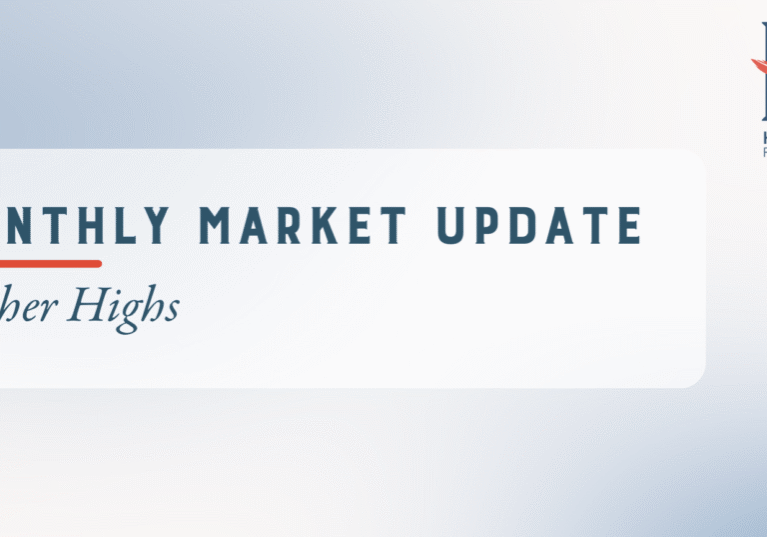Having a cash reserve is crucial even for sophisticated investors who have already built significant wealth. But how much is too much? Given the number of cash-related questions received during our Market Outlook webinar, it’s clear that it is a topic of great interest.
Striking the right balance between liquidity and opportunity cost is key to a successful investment strategy. To determine your ideal cash allocation, start by asking: What is the purpose of this cash? Is it for an emergency fund, risk mitigation, or a future expense? Your answer will help guide your allocation strategy.
How much of my portfolio should be allocated to cash?
Three to six months’ worth of living expenses is a reasonable starting point, but the ideal cash allocation will vary based on individual financial goals and risk tolerance. Consider a larger allocation if you are planning on a major short-term expense, like buying a home, or if you have a specialized or volatile career, high fixed expenses, and/or health risks. On the other hand, you may be able to get by with a smaller cash reserve if you have a large degree of flexibility in your living situation and varied sources of income to support expenses.
Identifying a personalized allocation for your total investment portfolio is one of the first steps in Heritage Financials’ 3-Meeting Process. This analysis is completed prior to even becoming a Heritage client.
And, if you are planning on making a major purchase, our financial planning software can forecast one-time expenses and the impact on your financial plan.
How can I optimize returns on my cash portfolio without taking on a lot more risk?
The level of interest rates are directly related to returns on cash. To enhance returns on cash holdings, you may consider:
- High-yield savings accounts
- Cash management accounts that combine savings and investment features.
- Short-term government bonds or money market funds
- High-quality, longer-duration bonds (depending on interest rate conditions) for slightly higher returns with minimal added risk
Is holding too much cash detrimental to my investment strategy?
Holding excess cash can hinder portfolio performance, particularly during bull markets or inflationary periods when purchasing power declines. Maintaining a balanced allocation across asset classes is essential for achieving your long-term financial goals.
Our financial planning software can model various scenarios, including the impact of inflation over time and the effect of portfolio allocation changes on your goals.
How often should I reassess my cash allocation?
It’s important to regularly review your cash allocation to ensure it aligns with your financial goals, risk tolerance, and current market conditions. Adjustments may be necessary during significant life events.
At Heritage, our clients’ recommended portfolio allocations are regularly monitored and adjusted over time if (1) a change in your financial plan warrants an adjustment or (2) significant investment risks or opportunities arise in market conditions.
During periods of increased uncertainty and market volatility investors may feel inclined to hold more cash. However, maintaining a balanced approach while keeping long-term goals in focus can optimize both security and growth.
Additional Resources:
- Access our checklist What-Accounts-Should-I-Consider-If-I-Want-To-Save-More-2025 for ideas on how and where to continue saving for the future.
- Where Should My Next Dollar Go? Stop guessing-use this guide to save strategically.



